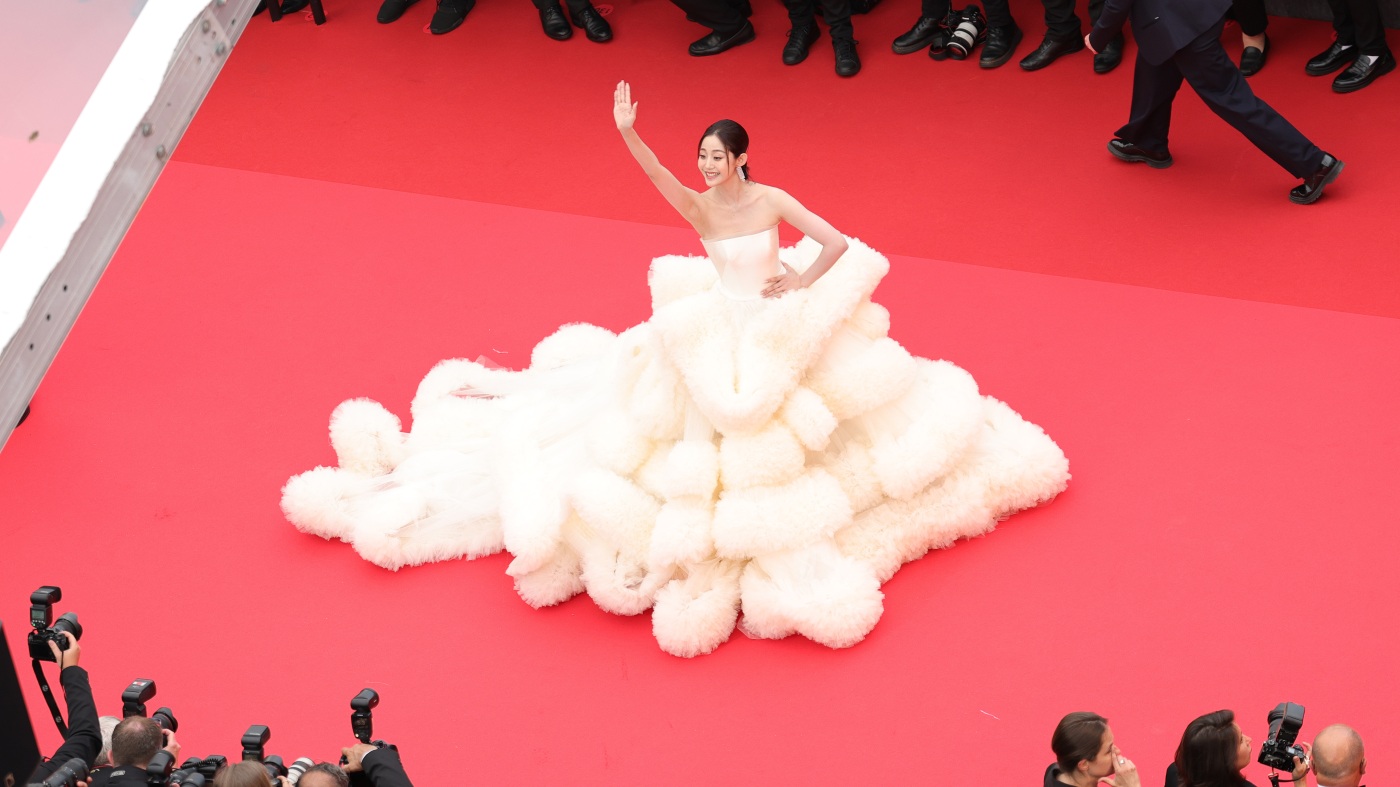Cannes 2025: Where Cinema Meets Consciousness
The 78th Cannes Film Festival didn’t just open—it ignited. A collision of glittering star power, provocative politics, and sartorial rebellion transformed the Croisette into a microcosm of our cultural moment. This wasn’t merely a celebration of film; it was a high-wire act balancing artistic expression against societal tensions, where every red carpet step and podium speech carried unexpected weight.
The De Niro Effect: When Legends Speak Truth
Robert De Niro’s honorary Palme d’Or acceptance speech will reverberate far beyond the Palais des Festivals. The actor, whose career embodies cinema’s transformative power, weaponized his moment in the spotlight with surgical precision. His description of Donald Trump as a “philistine president” wasn’t just celebrity gossip—it was a battle cry for artists worldwide.
What made his words land with such force? Three factors:
The standing ovation wasn’t just for the man—it was for the principle that art cannot thrive in ideological cages.
Fashion’s Quiet Rebellion
Beneath the chandeliers, a sartorial cold war unfolded. Cannes’ new dress code—banning both nudity and “voluminous” silhouettes—sparked silent resistance:
– Halle Berry’s last-minute gown switch revealed the logistical chaos behind the scenes.
– The absence of past daring looks (think Bella Hadid’s 2023 nude illusion dress) left the red carpet feeling strangely sanitized.
This wasn’t just about hemlines. The rules exposed Cannes’ existential tension: how to preserve Old World glamour while the world demands progress. When security turned away a Ukrainian actress for a “too voluminous” protest dress honoring her country’s war victims, the absurdity became clear—you can’t legislate elegance.
Ukraine’s Shadow Over the Croisette
Three opening-night films dedicated to Ukraine transformed cinema screens into memorial walls. This programming choice accomplished what political speeches often fail to do—it made war visceral. Audiences left theaters not just entertained, but ethically implicated.
The genius? Letting the art speak louder than press releases. A harrowing documentary sequence showing children drawing tanks during air raids did more for global awareness than any hashtag campaign.
The Paradox of Modern Cannes
2025’s festival embodies three irreconcilable identities:
This tension is precisely what makes Cannes magnetic. Where else would you find a Best Actress nominee debating trade policy between photo calls?
Conclusion: The Frames Beyond the Film
As the festival unfolds, one truth crystallizes: Cannes 2025 will be remembered not for which film won, but for how fiercely cinema insisted on mattering.
De Niro reminded us that artists see the world in frames—and some frames demand rebellion. The Ukrainian tributes proved storytelling can be both balm and blade. Even the fashion policing inadvertently spotlighted a deeper question: Who gets to decide what art looks like?
The final reel hasn’t rolled, but the message is clear. In a world of algorithms and autocrats, Cannes just declared that cinema won’t go quietly into the night—and neither should we.











